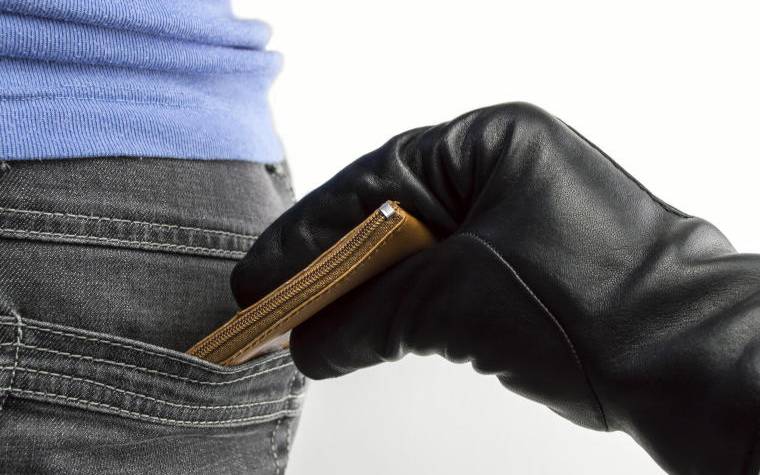×
The Standard e-Paper
Stay Informed, Even Offline

Dressed smartly, they monitor you from a distance. Some even dine and wine next to their target. You will even share a pew in church with others as they loudly pray but prey on you.
These are thieves who have perfected the art of stealing from people in places such as religious gatherings, funerals, hotels, hospitals, supermarkets and police station parking lots.